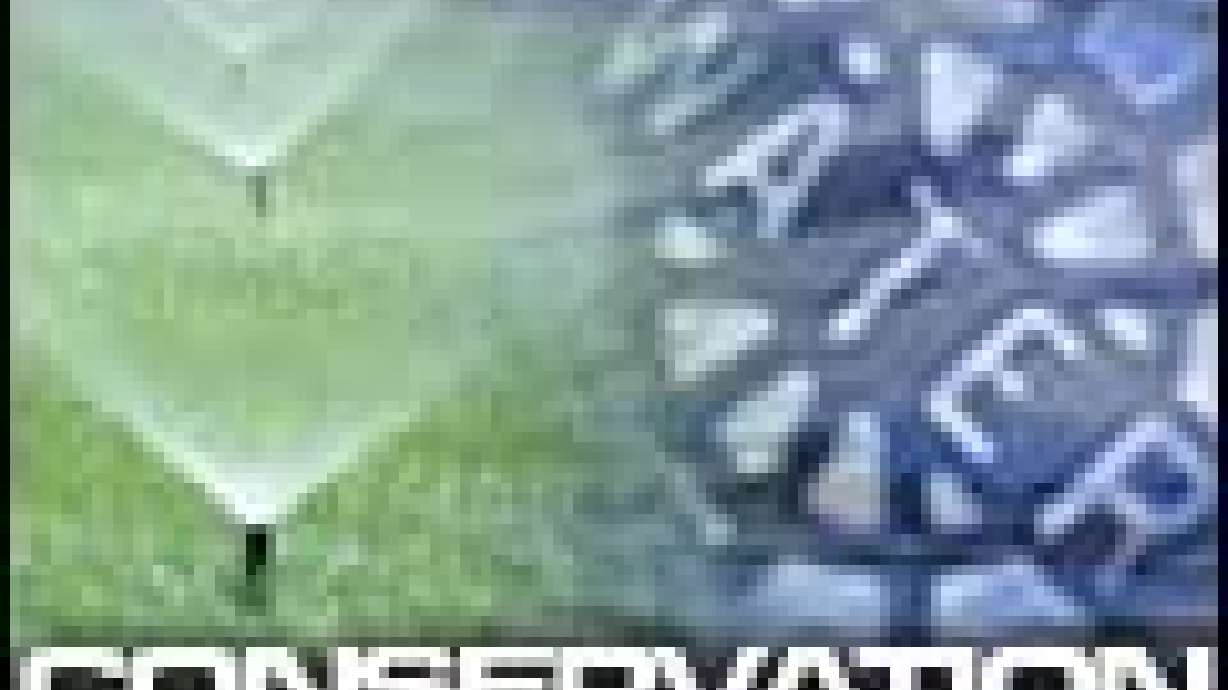Estimated read time: 3-4 minutes
This archived news story is available only for your personal, non-commercial use. Information in the story may be outdated or superseded by additional information. Reading or replaying the story in its archived form does not constitute a republication of the story.
PROVO, Utah (AP) -- As Utah Valley enters its fifth consecutive summer of drought, the idea of reusing dirty water is gaining followers.
Some cities are looking at reuse of treated sewer effluent and untreated household gray water -- from washing machines and kitchen sinks.
Provo could water all of the landscaping surrounding East Bay's industrial and commercial zones with its treated effluent -- saving millions of gallons of drinking water each year, said Mark Ogren, Provo water reclamation plant manager.
"In my opinion, that would be the first thing the administration ought to look at if we are going into water reuse," he said.
Orem Mayor Jerry Washburn said his city is in the planning phase of its first water reuse project. The plan would use 1.5 million gallons a day of the city's sewer effluent to water a new 18-hole golf course by Lakeside Park.
Bruce Chesnut, director of public works for Orem, said the project will save the city money in the long run by saving drinking water.
"We wanted to put the effluent to beneficial use and eventually save up on the culinary water," he said. "I think it's a prudent and wise use of all of our resources."
According to Utah Division of Water Quality data, Santaquin was the first city in Utah County to reuse sewer effluent for commercial watering. Since 1995, the city has stored approximately 400,000 gallons a day of sewer effluent, which is then used to water alfalfa fields owned by the city. The hay is sold for a profit.
"It is a water conservation method," said Santaquin City Councilman Walter Callaway. "We use it and we reuse it and it produces something for us."
The city is one permit away from being able to use the effluent as part of a future citywide pressured irrigation system, he said.
Salt Lake County and a consortium of south Salt Lake Valley cities are studying how 28 million gallons a day of the wastewater flow from the South Valley Water Reclamation Facility could be reused to save culinary water. The treated water now flows into the Jordan River.
Utah County Commissioner Gary Herbert said "The next step is how can we recycle the effluent. Although it's not potable, it still helps to stretch the water for landscape irrigation further and longer."
Mapleton Planning Commission chairman Mike Cobia said his city had talked to the state Division of Water Quality about passing an ordinance that would allow residents to install gray water systems. Such systems take untreated water from washing machines, dishwashers and kitchen sinks and reuse it for landscape irrigation.
The state turned the city down flat, he said.
"It is illegal to use gray water in this state and yet this is a drought state, this is a desert state," he said.
Dr. Joseph Miner, director of the Utah County Health Department, said individual homeowners could apply to the Health Department for permission to install such systems.
"That is not as safe because you have wastewater that is just not treated at all," he said. "However, it is not impossible either. It would be experimental."
So far, the county has not had any such requests, he said.
"We would have to approve some kind of regulation through the Board of Health and make sure it was safe, but it has possibilities," he said. "We would want to make sure it was filtered at least and that its use was restricted to landscaping."
(Copyright 2003 by The Associated Press. All Rights Reserved.)









